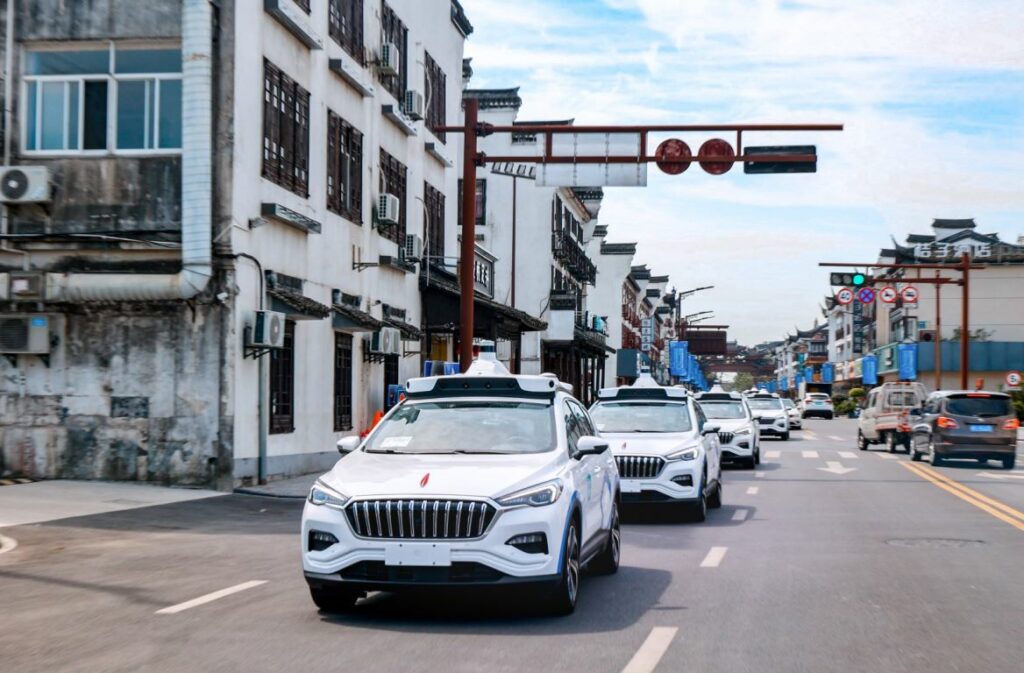
Baidu’s Apollo Go service is taking its autonomous ambitions beyond the mainland, marking a pivotal moment in the race to commercialize self-driving technology.
With a newly secured license to operate in Hong Kong, Apollo Go is poised to expand its robotaxi footprint, bringing the dream of profitable autonomous ride-hailing closer to reality.
A Careful First Step: Testing in North Lantau
The Hong Kong Transport Department has approved Baidu’s application to test 10 autonomous vehicles in North Lantau, starting December 2024. In this initial phase, only one vehicle will be on the road at a time, with a safety driver onboard to ensure smooth operations.
Testing will focus on off-peak hours near the airport, providing valuable data while minimizing disruption to the city’s bustling traffic.
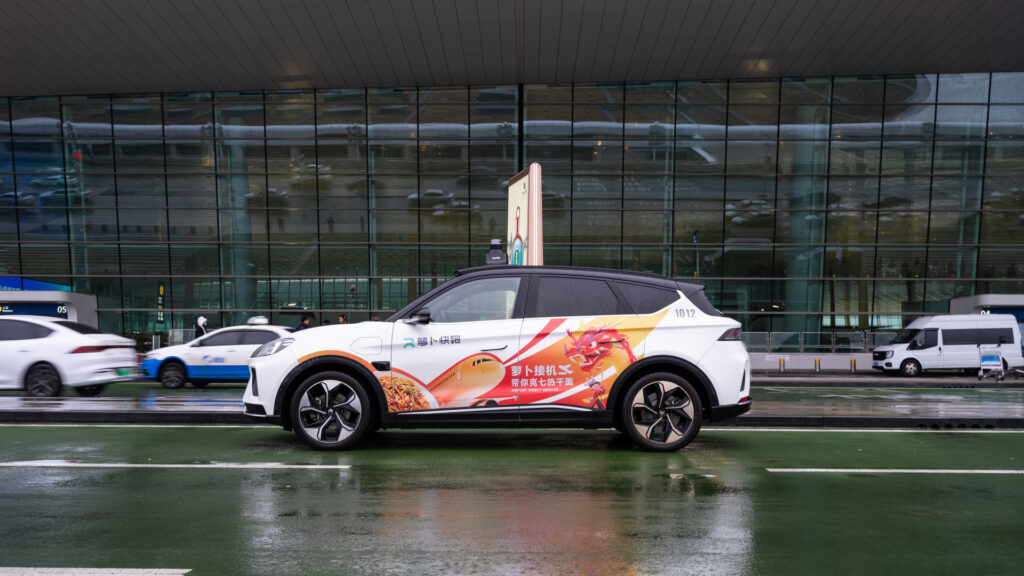
This license is a historic first for Hong Kong, made possible by recent regulatory changes aimed at supporting autonomous vehicle innovation. The city introduced a new legislative framework for AV trials earlier this year, offering a more flexible approach to testing on public roads.
For Baidu, this represents not just an opportunity to refine its technology but also a step toward establishing a presence in markets outside mainland China.
The Road to Profitability: Scaling and Cost Reductions
Baidu’s strategy hinges on scaling Apollo Go across multiple cities, leveraging economies of scale to reduce costs. The service is already operational in over 10 cities in mainland China, including Wuhan, where fully driverless rides began earlier this year.
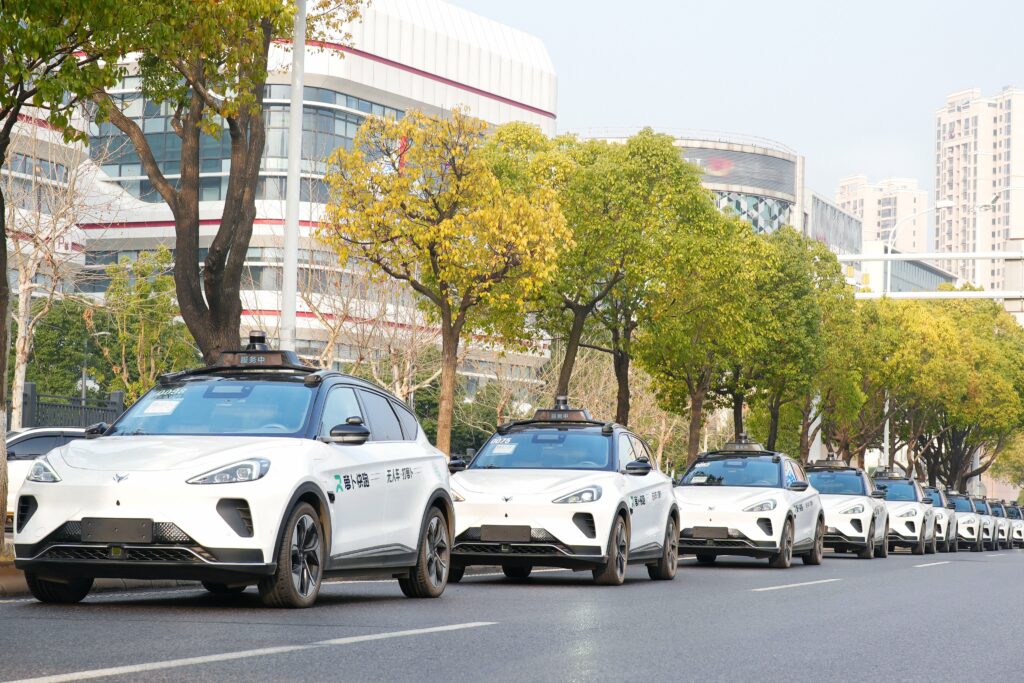
By the end of 2024, Baidu plans to deploy 1,000 sixth-generation robotaxis in Wuhan alone, each costing just ¥200,000 (~$27,600)—a stunning 60% drop from previous models. This aggressive cost-cutting is a cornerstone of Baidu’s push toward profitability, making autonomous services more financially viable.
Apollo Go’s performance numbers are impressive: the service delivers approximately 1 million rides per quarter, with over 8 million rides completed to date. As these figures continue to climb, Baidu’s confidence in its ability to turn robotaxis into a profitable business model grows.
Global Ambitions: Beyond Hong Kong
Baidu’s move into Hong Kong is part of a broader plan to expand into international markets. Reports suggest the company is eyeing regions such as Singapore and the Middle East, signaling its intent to become a global leader in autonomous mobility.
A spokesperson for Apollo Go emphasized the significance of the Hong Kong trials, calling them “an important milestone in our journey toward globalization.”
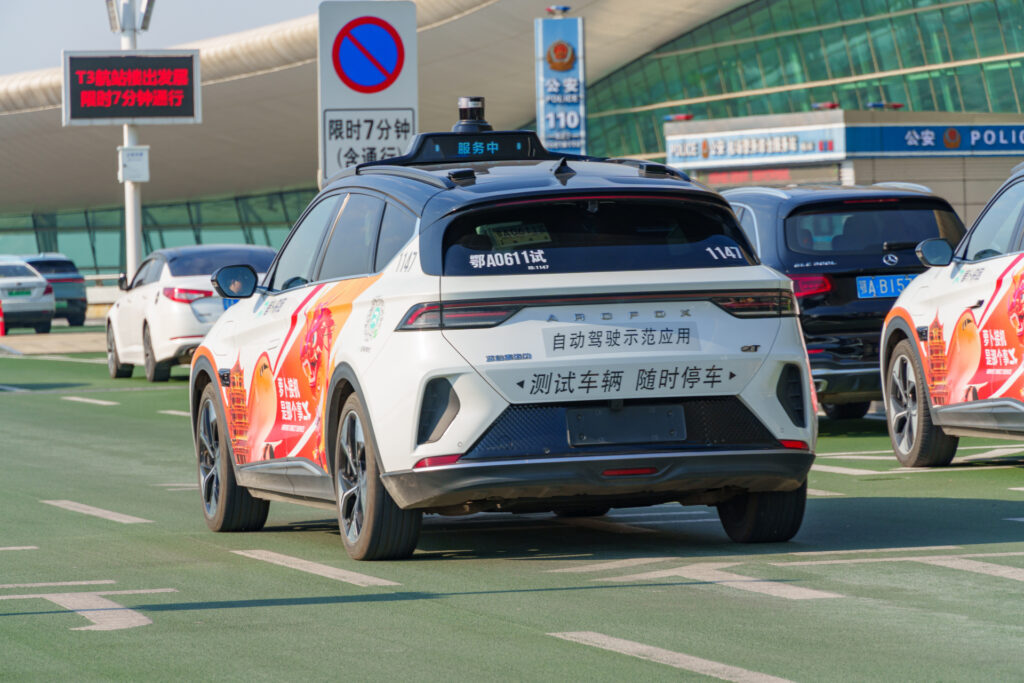
While competition in the autonomous vehicle space is fierce, Baidu’s methodical approach—bolstered by technological innovation and regulatory support—positions it as a formidable contender. Rival services like Waymo may dominate headlines, but Apollo Go is quietly building a reputation for scalability and practicality.
Wrapping Up: A Promising Start for Hong Kong’s AV Era
Hong Kong’s embrace of autonomous vehicle testing is a win for innovation and an encouraging sign for the industry. Baidu’s Apollo Go is leading the charge, proving that with the right mix of technology, cost efficiency, and regulatory support, the future of robotaxis is closer than we think.
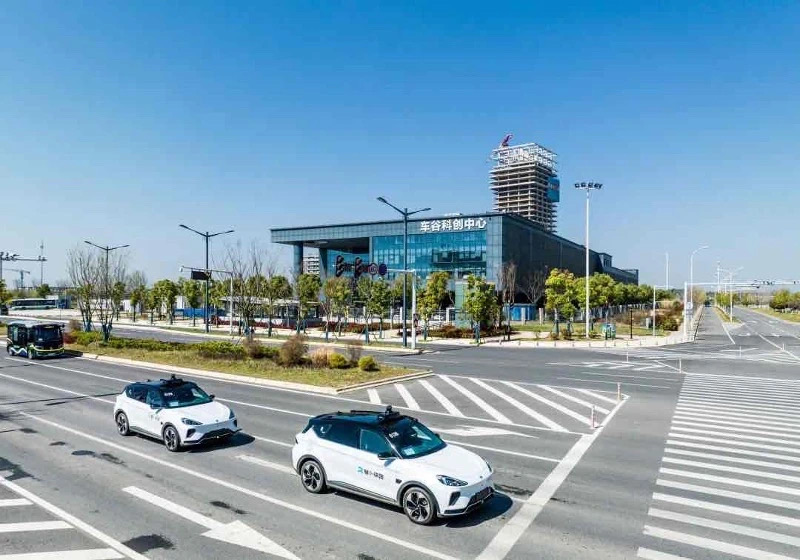
As Apollo Go begins its journey in Hong Kong, all eyes will be on Baidu to see if it can replicate its mainland success and set the stage for a global robotaxi revolution. For now, the road ahead looks promising—both for Baidu and for the autonomous vehicle industry at large.
Charge Complete
Apollo Go’s expansion to Hong Kong is a bold step toward profitability and global growth. With a scalable business model and innovative technology, Baidu is setting the pace in the autonomous race.




